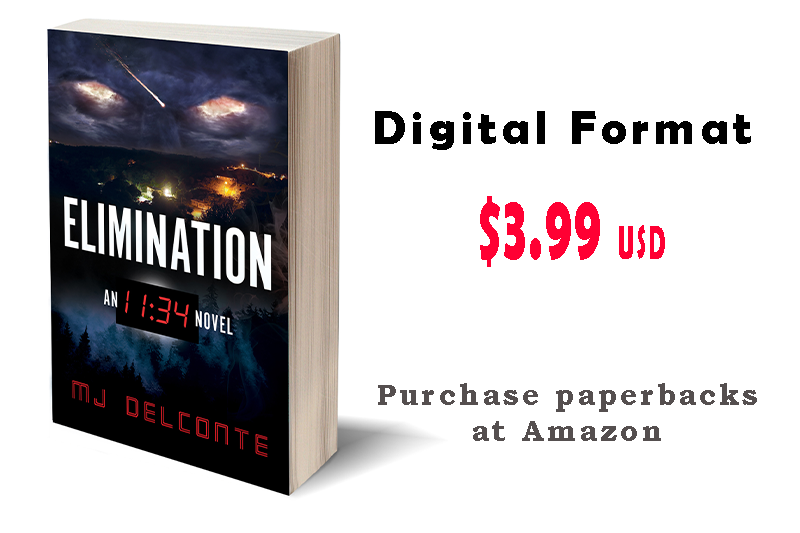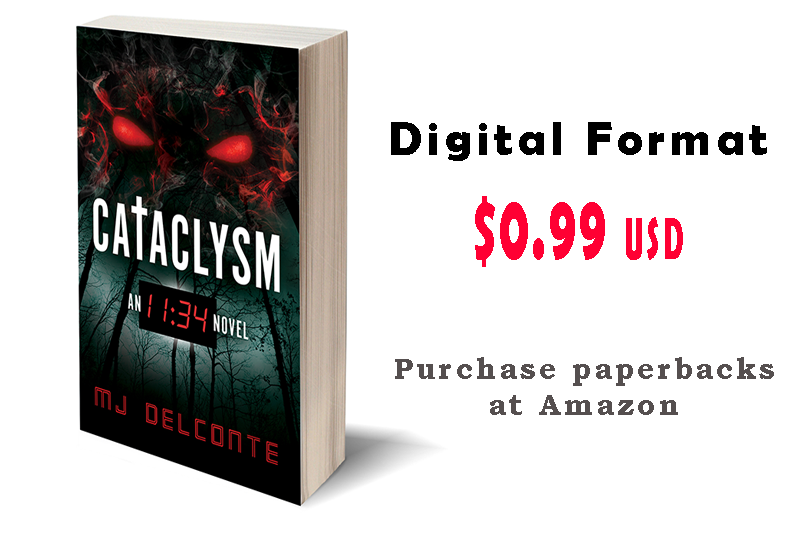Research
Research. Read. Write. Rewrite. The 4 "R's." I'm writing this short blog about research, my favorite "R."
I love delving into history, learning new and interesting facts. I especially rejoice when I uncover a rare historical nugget that most people hadn't heard about. I call these "diamonds" and I love injecting these fantastic little facts into my fiction. It adds another layer of realism to the stories I tell.
In the story "Theodore Goes Hunting," I learned that Theodore Roosevelt, an avid boxer even while in office, lost his vision in one eye after a boxing match. Only those close to him learned of it. He remained extremely active, and no one was the wiser. He never let his impairment affect him. Theodore was uncomplicated. When he spoke, he said it like it is, holding nothing back. Physically and mentally, he was strong, determined, and disciplined with every aspect in life, something he never took it for granted. These attributes reflected what might have been what might have been the greatest leader we have ever had.
In the story "An 11:34 Christmas," which takes place in 1953 in Oslo, Norway, the city is healing from the scars of a world war, not only physically but emotionally. The city held the Olympics the year before, which gave it a major spiritual lift. Emotionally, the Nazi occupation had take its toll. The Germans forced themselves on Norwegians, who they saw as ideal models of the perfect race. Desperate to have the Norwegians ally themselves, the Germans occupied Norway, but remained "friendly." People of Norway wanted nothing to do with them. Their contempt was so apparent that the disappointed Germans began to enact laws to force Norwegians to show kindness and respect toward them. The diamond I uncovered was when the Germans created a bus seat occupation law which stipulated if a German soldier sat alone on a 2-person seat, then a Norwegian occupant was required to take the seat next to him.
Research can take days, if not weeks, just to write a single 11:34 story. I spent 3 frenzied weeks - by far, the most I spent for any story - researching for "Theodore Goes Hunting," reading hundreds of pages in the process. When dealing with iconic figures, it helps to really get to know them. When a comfort level is reached, it helps to write the story while the researched data remains fresh in mind. This can really make the story sparkle.
I have found good research makes for easy writing. After coming up with one particular story idea, I did little research to start and decided to "wing it." What I learned was that writing the story became particularly arduous because I found myself having to go back and research while I wrote. Writing should be fluent, continuous, like a beautiful classical song. How beautiful is the song when you have to stop periodically?
For those yearning to write, this is the first suggestion I pass along to you. Do your research, Be thorough. Once you develop a comfort level, begin writing.


